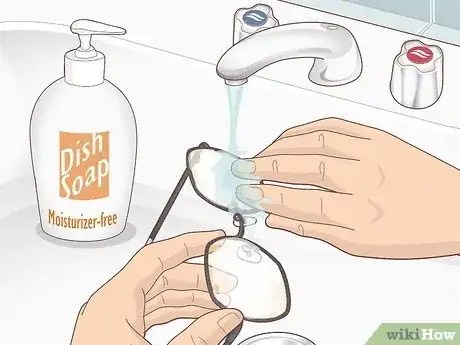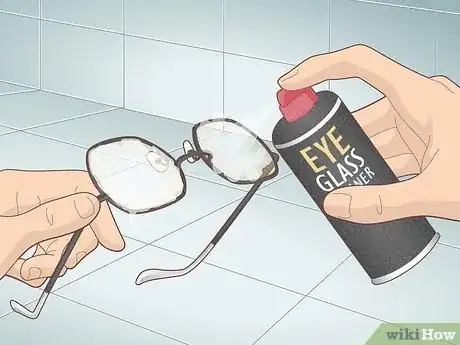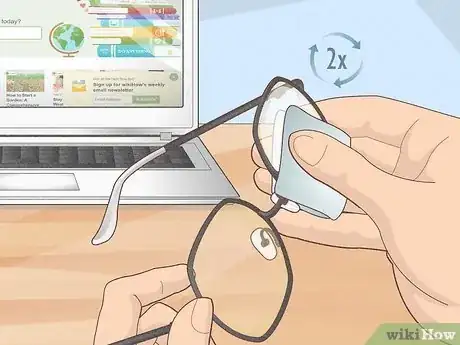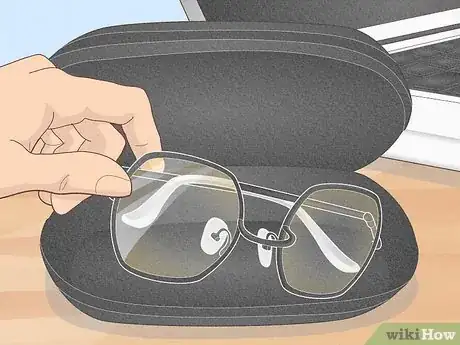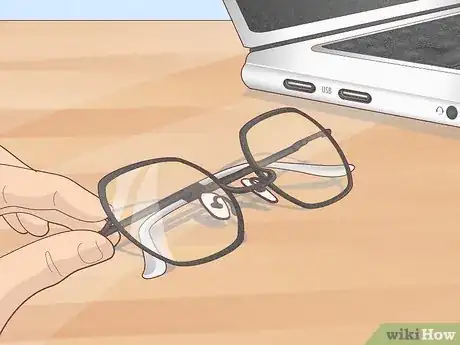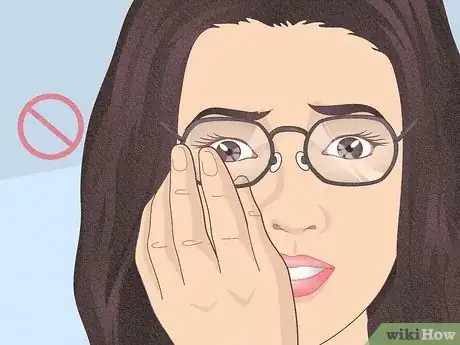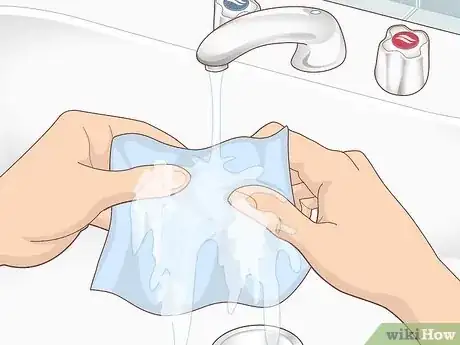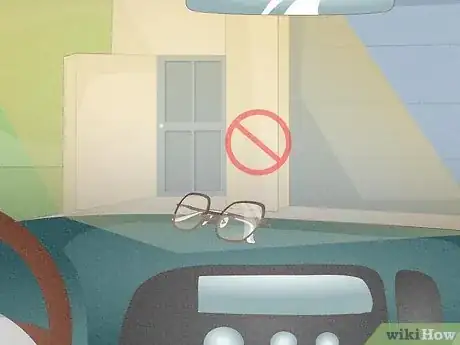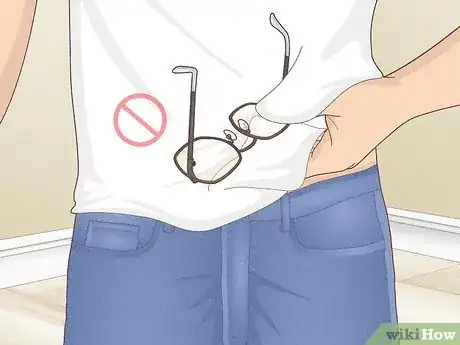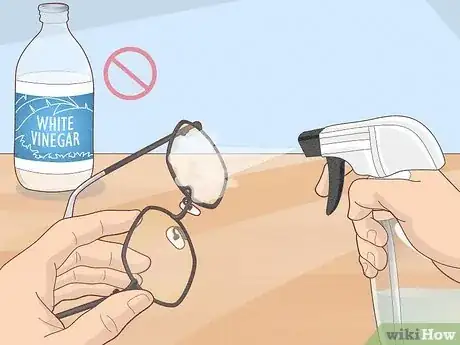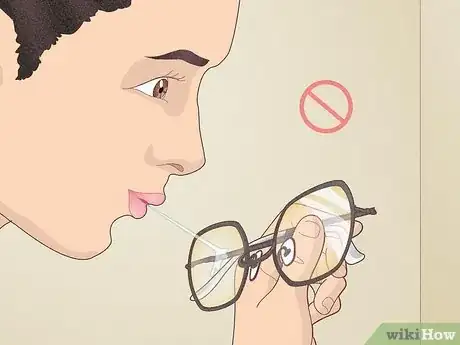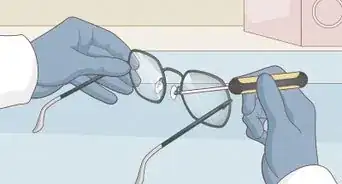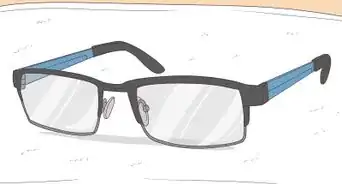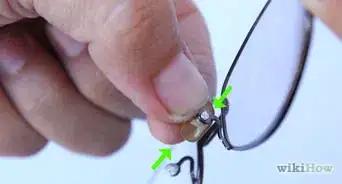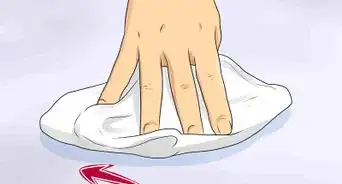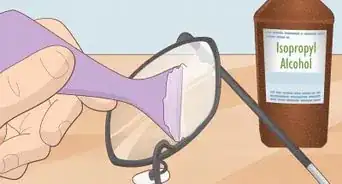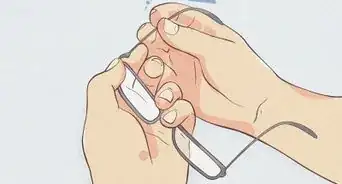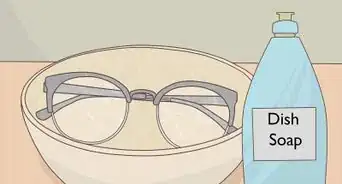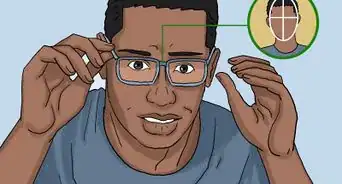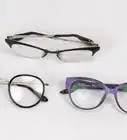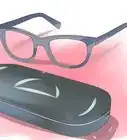This article was co-authored by Kara Hartl, MD, FACS and by wikiHow staff writer, Eric McClure. Dr. Kara Hartl is a board certified Ophthalmologist and the Founder and CEO of Mountain View Eye Center in Fairbanks, Alaska. Dr. Hartl is a blue light expert and specializes in studying the effects of natural and artificial light on people’s eyes and bodies. She received a BA in Biology from Harvard University and earned her Doctor of Medicine (MD) from The University of California-San Diego Medical School. Dr. Hartl also trained at the world-renowned Bascom Palmer Eye Institute. She is passionate about incorporating technology into the future of eye care and has started a public education initiative to inform everyday LED screen users about the effects and the easy ways to protect themselves while continuing to use their devices. Dr. Hartl also founded the international non-profit, Gift of Sight, which is dedicated to curing blindness across the globe.
There are 7 references cited in this article, which can be found at the bottom of the page.
This article has been viewed 2,446 times.
If you’ve got a slick pair of blue light glasses, it’s super reasonable that you’d want to protect your investment. After all, how helpful are blue light glasses going to be if they’re so dirty that you can’t see! Luckily, cleaning blue light glasses is a breeze. In this article, we’ll break down how to clean your glasses correctly, what to use to clean them, and how to store them correctly. We’ll also cover common pitfalls to avoid if you want to keep your blue light glasses safe.
Things You Should Know
- Use warm water and dish soap, eyeglass cleaner, or steam to clean your blue light glasses safely.
- Keep your glasses safe by storing them in a hard-shell case, not touching the lenses directly, and keeping your glasses away from direct sunlight and heat.
- Avoid using your shirt, harsh cleaners, or saliva to clean the lenses, since these options may damage the glasses.
Steps
References
- ↑ https://www.wsj.com/articles/SB10001424127887323375204578269942300847314
- ↑ https://www.nytimes.com/wirecutter/guides/how-to-clean-your-glasses/
- ↑ https://www.allaboutvision.com/eyeglasses/how-to-clean-glasses.htm
- ↑ https://www.thenationalnews.com/lifestyle/how-often-should-you-clean-your-glasses-whether-prescription-or-sunnies-we-ask-the-experts-1.998948
- ↑ https://www.nytimes.com/wirecutter/guides/how-to-clean-your-glasses/
- ↑ https://www.thenationalnews.com/lifestyle/how-often-should-you-clean-your-glasses-whether-prescription-or-sunnies-we-ask-the-experts-1.998948
- ↑ https://health.clevelandclinic.org/how-often-should-you-wash-your-germ-magnet-of-a-bath-towel/
- ↑ https://www.thenationalnews.com/lifestyle/how-often-should-you-clean-your-glasses-whether-prescription-or-sunnies-we-ask-the-experts-1.998948
- ↑ https://www.nytimes.com/wirecutter/guides/how-to-clean-your-glasses/
